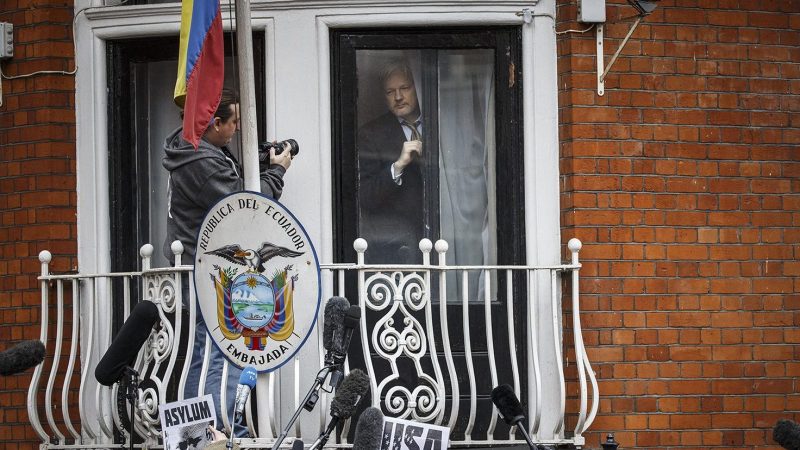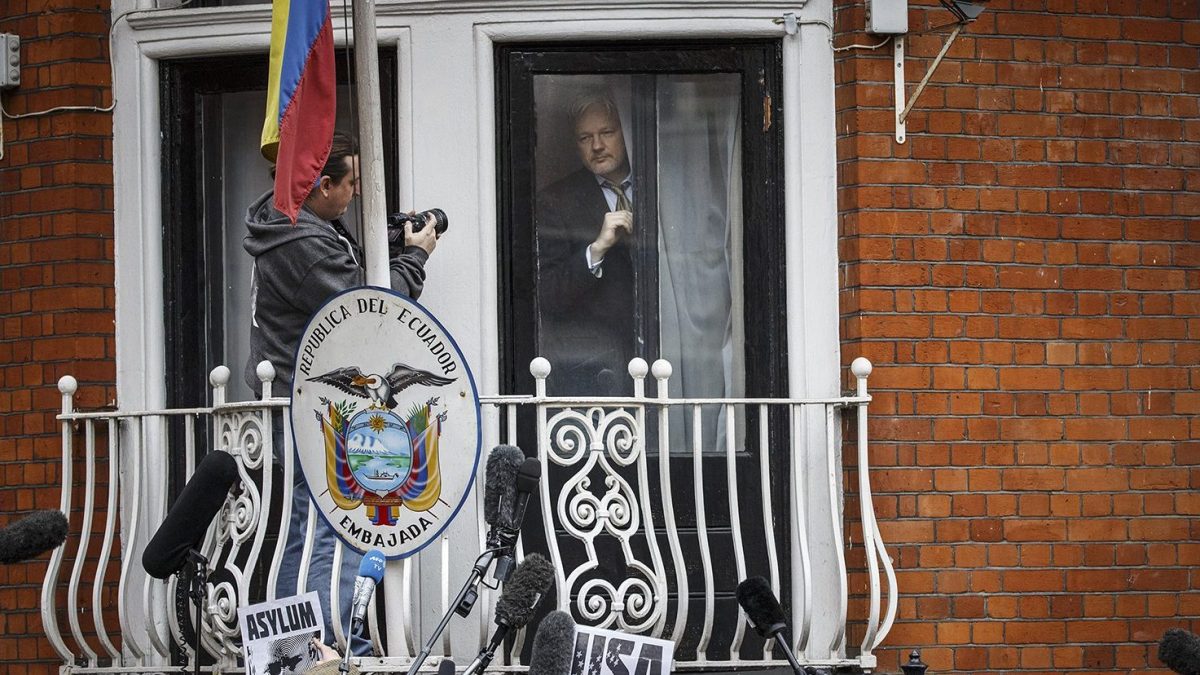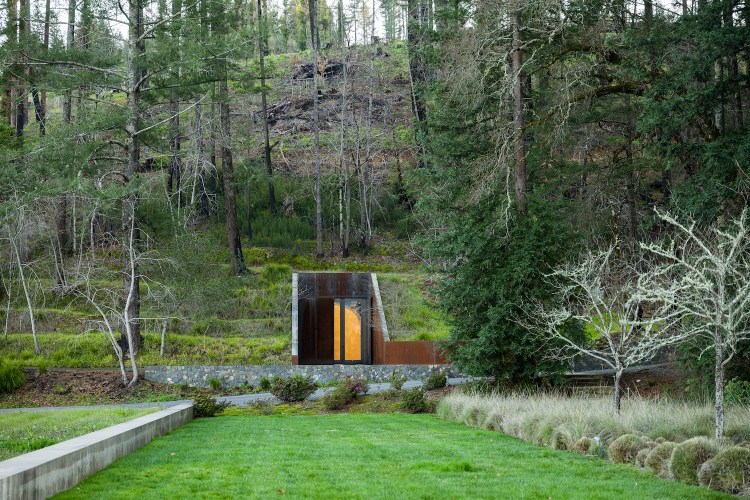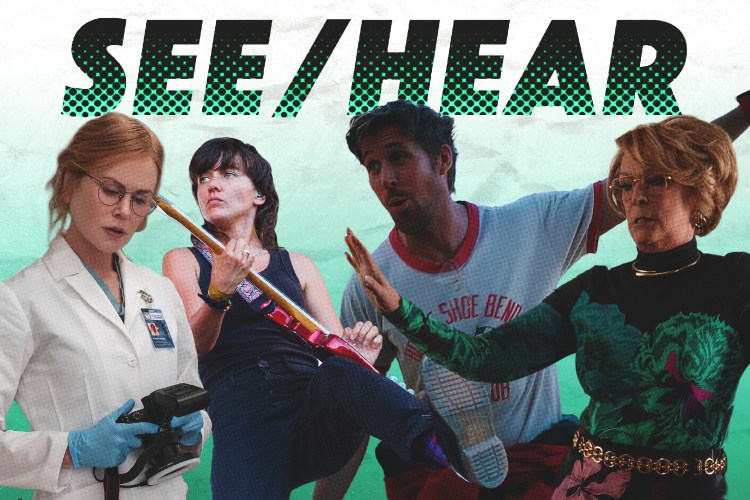
A new documentary originally described as “sympathetic” to Wikileaks co-founder Julian Assange has been recut to shine light on Assange’s misogyny and distaste for both Hillary Clinton and President Donald Trump, Vice News reports.
“Risk,” a documentary from Academy Award-winning filmmaker Laura Poitras, gives audiences an unfettered look at Assange, who has been holed up in the Ecuadorean Embassy in London since 2012. Poitras, who won an Oscar for her Edward Snowden documentary CitizenFour, was given access to Assange for more than five years, accumulating “hundreds of hours” of footage.
The film was initially reviewed as a positive portrayal of Assange after it was screened at the 2016 Cannes Film Festival. Since then, however, Poitras says she has felt a greater responsibility to shine a light on not only Assange’s misogyny, including his real-time reaction to accusations from two women who accused him of raping or sexually molesting them, but also the way that misogyny permeates the hacker community in general.
“An actual court case is going to be very, very hard for these women,” Assange tells Poitras of the allegations against him. “They will be reviled forever by a large segment of the global population, so I don’t think it’s in their interest to proceed that way.” He then reportedly suggests they might strike a bargain where he “would apologize for anything that I did or didn’t do that [pause] hurt their feelings.”
Assange has not taken kindly to the new direction of Poitras’ documentary. “Presently, the film is a severe threat to my freedom and I’m forced to treat it accordingly,” Assange reportedly texted Poitras last summer.
But Poitras didn’t just highlight his misogyny; she also, as Vice notes, “pierces through the narrative that Assange was single-mindedly trying to help Donald Trump and hurt Clinton in the 2016 presidential election. Rather, her portrait shows a self-righteous man willing to flip the bird to whoever is getting in his way.”
Read the full run-down of the highly anticipated new documentary here.
Watch the trailer for the film below.
This article appeared in an InsideHook newsletter. Sign up for free to get more on travel, wellness, style, drinking, and culture.

























